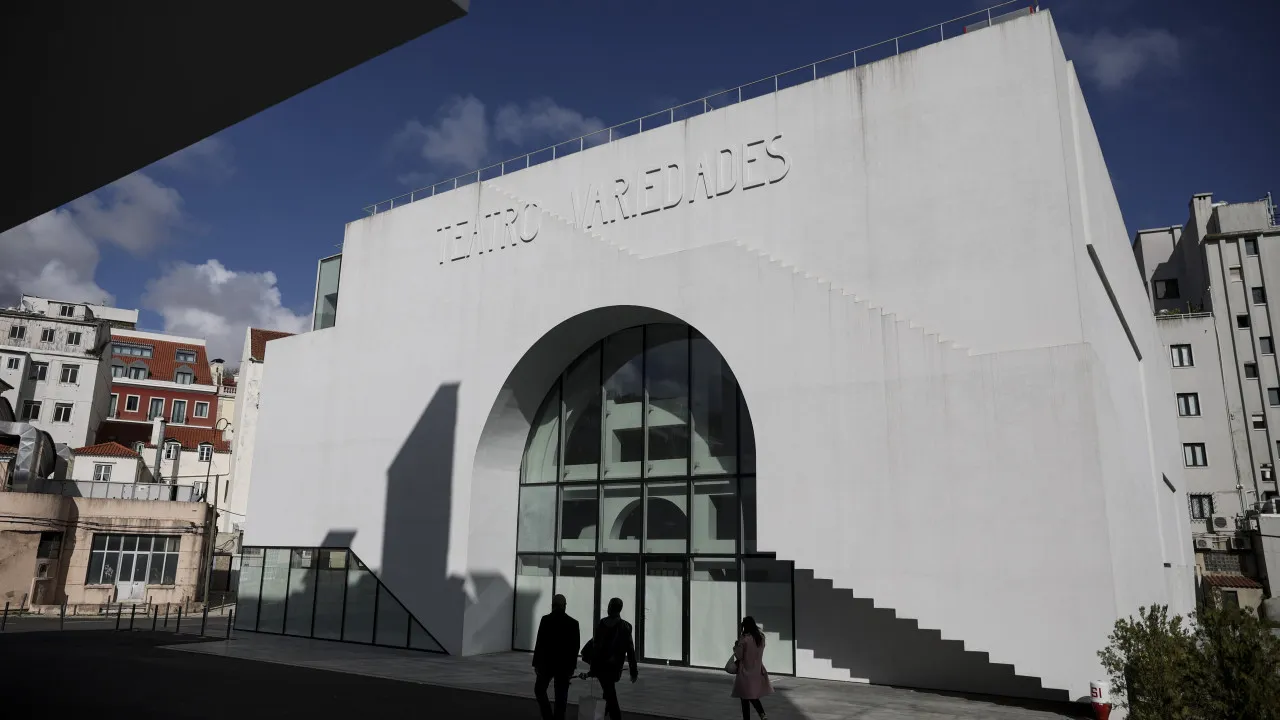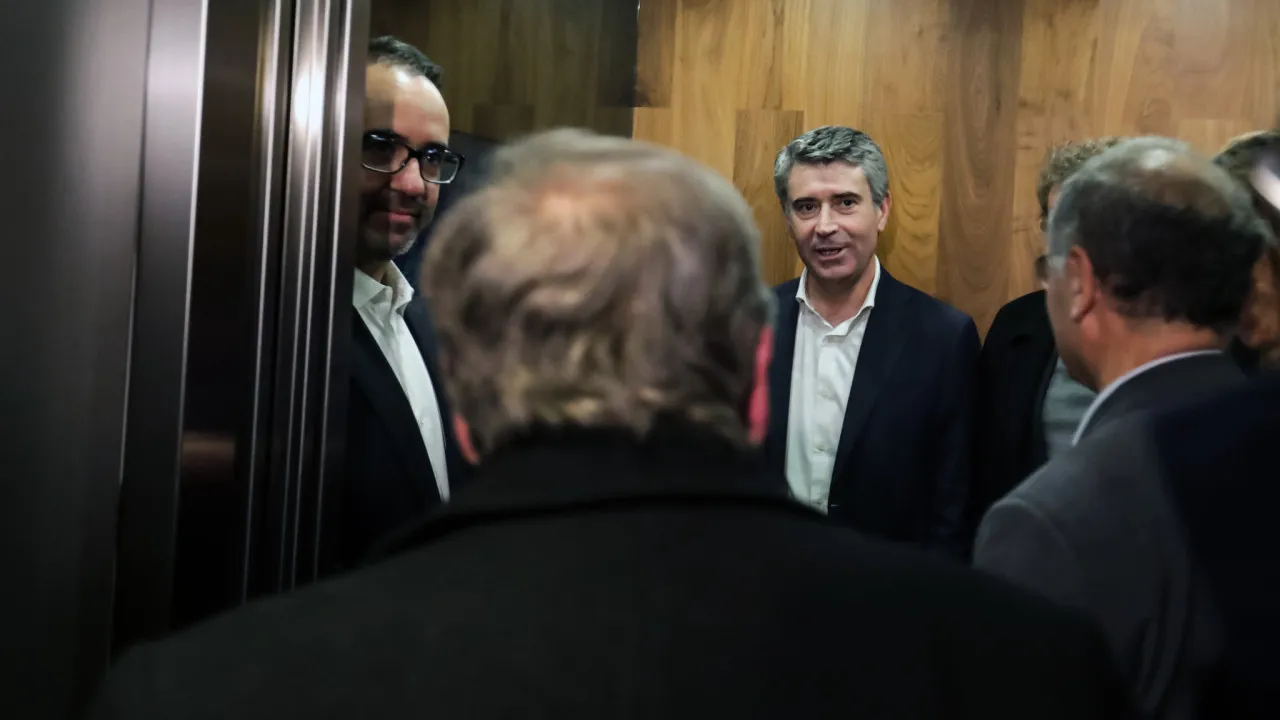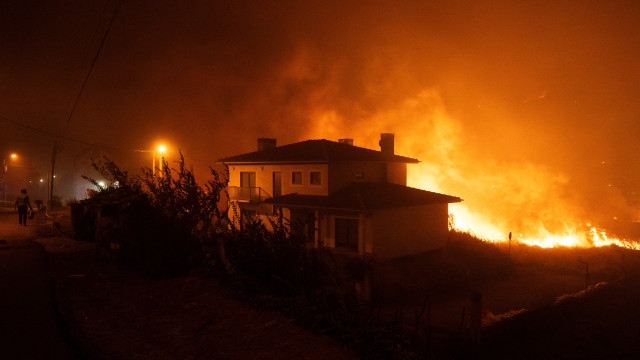
Although 37 countries are competing, only 26 will advance to the final on Saturday, and according to bookmakers’ averages compiled by eurovisionworld.com, a site specializing in the competition, Portugal is not predicted to be among them.
The first semi-final on Tuesday will include competitors from Iceland, Poland, Slovenia, Estonia, Ukraine, Sweden, Norway, Belgium, Azerbaijan, San Marino, Albania, the Netherlands, Croatia, Cyprus, and Portugal.
Only ten will advance to Saturday’s final, and as of Friday afternoon, Portugal was ranked 14th in the betting odds for this semi-final. This would not be the first time Portugal has failed to reach the final, having missed it in 2011, 2012, 2014, 2015, and 2019.
On Tuesday, in addition to Portugal’s entry, another Portuguese singer will perform: Iolanda, last year’s Portuguese representative, will take the stage at the invitation of the organizers.
The second semi-final on Thursday will select another ten songs from among 16 competitors.
Participants on that day will include Australia, Montenegro, Ireland, Latvia, Armenia, Austria, Greece, Lithuania, Malta, Georgia, Denmark, Czech Republic, Luxembourg, Israel, Serbia, and Finland.
The 20 countries chosen from both semi-finals will join the so-called ‘Big Five’ (France, Germany, Spain, the United Kingdom, and Italy) and the host country, Switzerland, which have direct entry to the final.
In last year’s 68th edition held in Malmö, Sweden, Portugal finished 10th with Iolanda and her song “Grito.”
Portugal made its first appearance in the Eurovision Song Contest in 1964 but has missed five editions (in 1970, 2000, 2002, 2013, and 2016).
In 2017, Portugal won the contest for the first and only time with “Amar pelos dois,” composed by Luísa Sobral and performed by Salvador Sobral.
This year’s edition of Eurovision is likely to be marked, as was the previous one, by the Israeli-Palestinian conflict.
This week, over 70 musicians who have previously participated in the contest, including Salvador Sobral, António Calvário, Fernando Tordo, Lena D’Água, and Paulo de Carvalho, appealed to the European Broadcasting Union (EBU) to exclude Israel from participation.
In an open letter, they justified their appeal to the EBU by citing that the Israeli television station KAN is “complicit in the genocide against Palestinians in Gaza.”
The letter, published jointly by the non-governmental organization Artists For Palestine and the Boycott, Divestment, Sanctions (BDS) movement, is signed by singers, composers, musicians, dancers, and choir members from various countries.
“We believe in the unifying power of music, and that is why we refuse to allow it to be used as a tool to cover up crimes against humanity,” states the letter, where former participants assert that Israel’s presence has made the 2024 edition “the most politicized, chaotic, and unpleasant” in the competition’s history.
In April, Spanish public television RTVE had already called for a “debate” on the participation of KAN in the Eurovision contest, in a letter to the EBU.
This request followed petitions in Finland in late March urging Finnish broadcaster Yle to pressure the EBU to exclude Israel from the 2025 edition due to the war in Gaza.
Last year, the 68th edition of the Eurovision Song Contest in Malmö was marked by the Israeli-Palestinian conflict. Once Israel’s participation was confirmed, various political representatives and European artists called for the country’s exclusion.
Protests occurred near the arena hosting the final, and the Dutch representative’s participation was canceled following an “incident” backstage with the Israeli delegation.
At the time, Iolanda, the Portuguese representative, appeared at the flag parade in a dress by a Palestinian brand and with nails painted in the keffiyeh pattern, a symbol of Palestinian resistance. On stage, after her performance, she declared that peace would prevail, echoing sentiments shared by other participants from countries like France and Ireland.
Bambie Thung from Ireland exclaimed, “love will always triumph over hate,” before leaving the stage.
“United by music for love and peace,” was the phrase French singer Slimane used to conclude his performance.
This year, Israel will be represented by Yuval Raphael, a survivor of the Hamas attack at the Nova Festival on October 7, 2023.
Israel has participated in the contest since 1973 and has won four times, most recently in 2018 in Lisbon with “Toy,” performed by Netta Barzilai.




